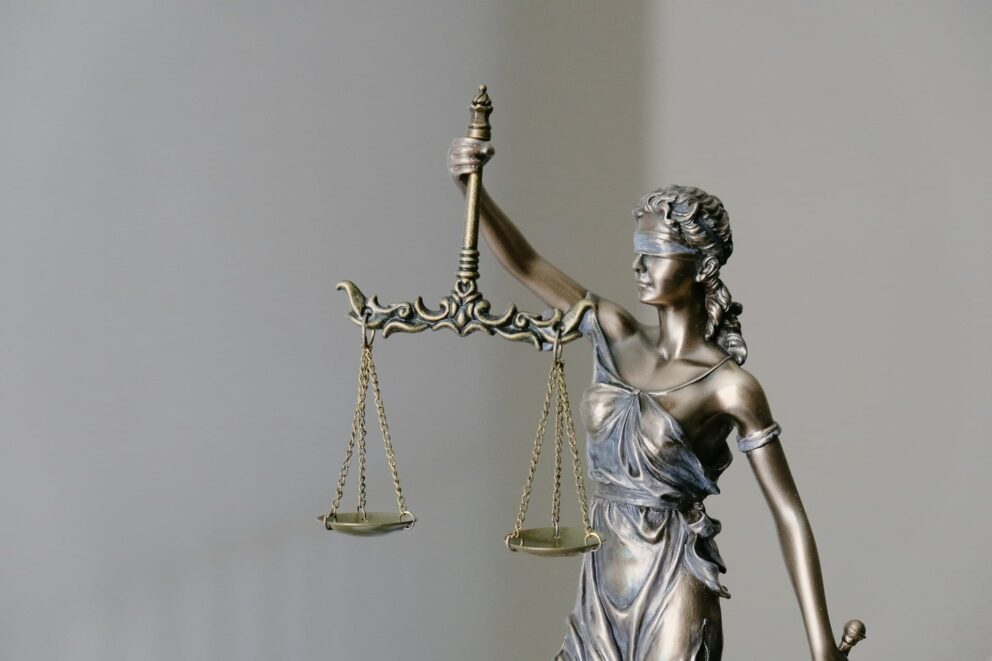
A retenir
- Le contrôle judiciaire est une mesure de sûreté à caractère restrictif ou obligatoire prévue par le Code de procédure pénale.
- Le juge impose des obligations précises pour assurer la présence du prévenu en attente de son jugement, mais également pour éviter le renouvellement de l’infraction ou encore pour éviter tout risque de pression sur les victimes ou les témoins potentiels.
- Tout manquement grave peut entraîner la révocation du contrôle judiciaire et le placement en détention provisoire.
- L’assistance d'un avocat est indispensable pour solliciter une mainlevée ou une modification de la mesure
When a person is suspected of having committed a criminal offence, French law provides for a strict preventive measure: judicial supervision.
A. Definition and fundamental principles of judicial review
1. History and legislative development
Judicial supervision has undergone significant evolution over the years, reflecting social and legal changes. In the past, it was primarily used to ensure the presence of defendants during trials. However, over time, this penal measure has been implemented to prevent recidivism and protect citizens.
2. Legal definition and legal framework
Judicial supervision is a provisional measure imposed by the investigating judge against a suspect who has committed a criminal offense. The suspect faces a prison sentence and has their freedom of movement restricted.
This preventive measure is defined by Articles 138 to 148-1 of the French Code of Criminal Procedure. It allows for the monitoring of individuals involved in criminal cases , thereby avoiding pre-trial detention.
Therefore, the suspect placed under judicial supervision, whether awaiting criminal trial or during an investigation, is required to comply with the conditions set by the judge.
3. Objectives of judicial review
Judicial supervision is primarily aimed at preventing recidivism by imposing strict conditions on the conduct of the accused. It also aims to ensure their presence at all stages of the legal proceedings and to protect victims, witnesses, and anyone else involved in the case.
B. Implementation of judicial control
1. Procedure for placement under judicial supervision
The procedure for placing under judicial supervision varies depending on the stage the suspect is in:
- He is being investigated in a judicial investigation ;
- He has been warned: the public prosecutor has led an investigation and the suspect is awaiting trial by the criminal court .
2. Conditions and obligations
The conditions for applying judicial supervision depend on the nature of the offense, the criminal record of the accused and the risks of absconding or reoffending.
As a measure of deprivation of liberty, placement under judicial supervision may be decided in the following situations:
- the suspect is awaiting trial: after a preliminary investigation or investigation for example;
- he is indicted : during a judicial investigation .
The facts must necessarily be punishable by imprisonment under the law in force.
As for the obligations, they include:
- the obligation to report regularly to the police station;
- the ban on leaving the national territory;
- the obligation to remain within a certain territorial limit;
- informing the judge of his movements;
- the prohibition on meeting certain people defined by the judge;
- the ban on owning a weapon;
- the obligation to undergo regular medical examinations.
3. The actors involved and their roles
The placement under judicial supervision is taken following a request from the public prosecutor.
This decision may also be requested by the defense attorney. It may be ordered either by:
- The investigating judge: he assesses whether the legal conditions are met to order judicial supervision.
- The Judge of Liberties and Detention (JLD): he orders judicial review and examines requests for extension or modification of this measure.
- The defense lawyer : he ensures that the suspect’s rights are respected and can request modifications to the obligations or prohibitions imposed.
4. Innovative alternative measures
- Mobile electronic surveillance: it offers new possibilities for monitoring people under judicial supervision, allowing less intrusive surveillance that is more respectful of individual rights.
- Rehabilitation programs: in addition to judicial supervision, they can be put in place to help individuals reintegrate into society and avoid reoffending.
C. Consequences and management of judicial control
1. Impact on individual rights
Judicial review can have a significant impact on an individual’s rights, including restricting their freedom of movement and imposing binding obligations.
2. Sanctions for non-compliance
Failure to comply with the conditions of judicial supervision may result in sanctions, including revocation of supervision in favor of pre-trial detention.
3. End of judicial review
- Early lifting: the suspect can request the end of his judicial supervision (lifting).
- At the end of the trial: judicial review ends automatically at the end of the trial, once judgment has been rendered.
Note: If the person is sentenced to a suspended sentence with probation, the judge may choose to maintain judicial supervision to ensure strict monitoring.
4. Statistical analysis of the effectiveness of judicial control
D. Perspectives and possible reforms
1. Current debates on judicial review
Current debates focus particularly on the balance between the effectiveness of judicial review and respect for the fundamental rights of the individuals concerned.
2. Proposals for legislative amendments
Proposals for legislative amendments aim to adapt judicial review to social and technological developments, while preserving its fundamental objectives.
3. Cross-examinations: international comparison
A comparison with other penal systems allows us to draw lessons and identify avenues for improvement for the French system.




